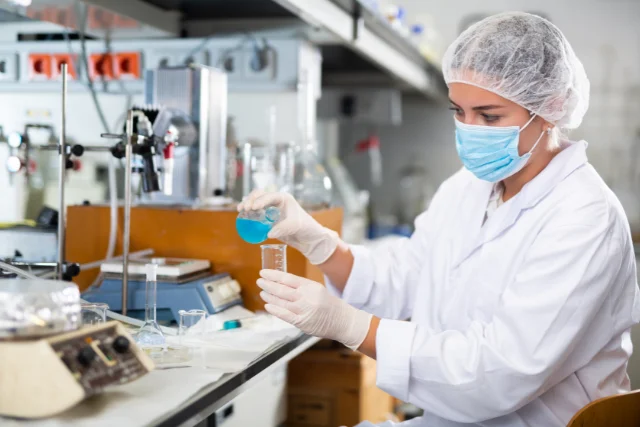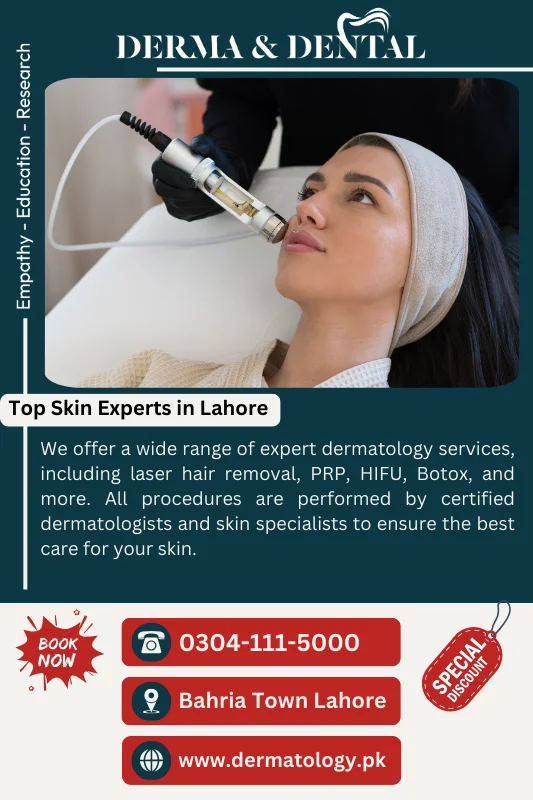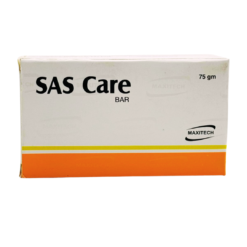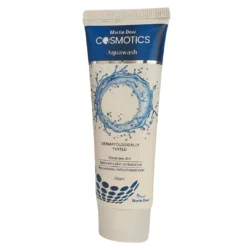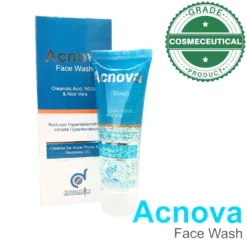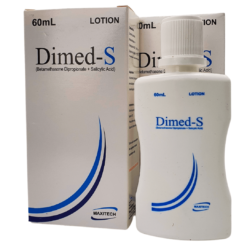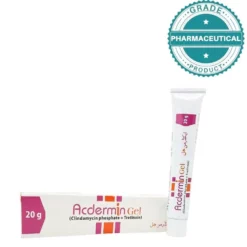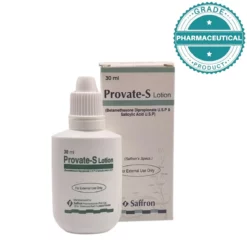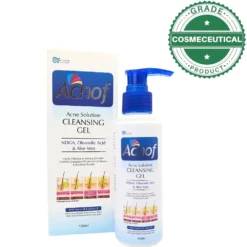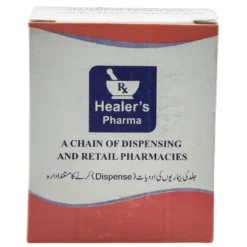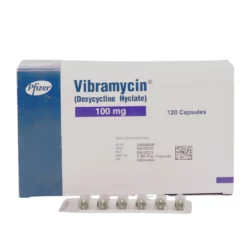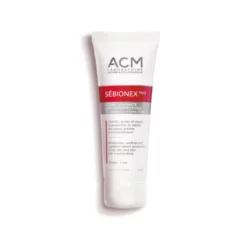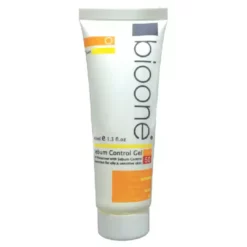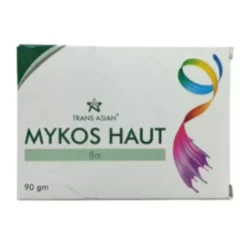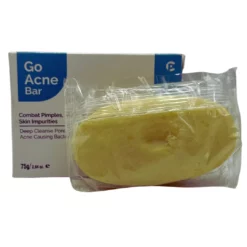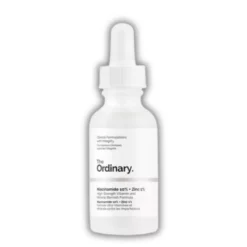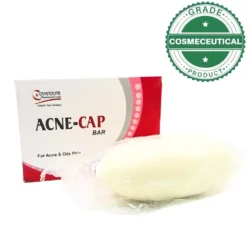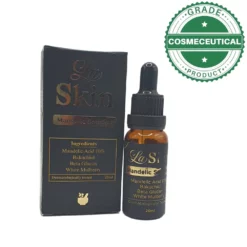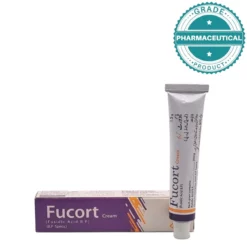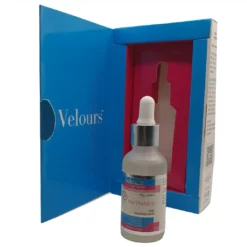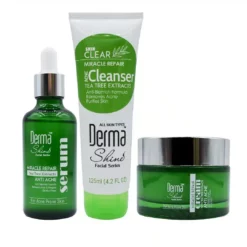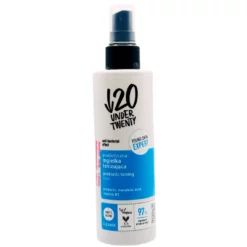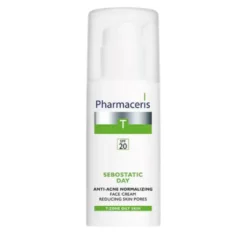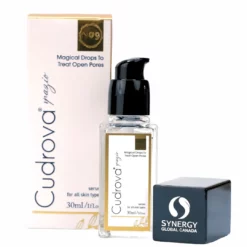Acne is a common skin condition characterized by the presence of pimples, blackheads, whiteheads, cysts, and nodules, typically occurring on the face, neck, chest, back, and shoulders. It occurs when hair follicles become clogged with oil and dead skin cells, leading to the growth of bacteria and inflammation.
There are various types of acne, including:
Characterized by blackheads and whiteheads.
Includes papules, pustules, nodules, and cysts, which are more severe and often painful.
Triggered by hormonal fluctuations, commonly seen in teenagers during puberty or in women during menstruation, pregnancy, or menopause.
Deep, painful cysts beneath the skin surface, often leaving scars.
Treatment options for acne include topical medications (such as benzoyl peroxide, retinoids, and antibiotics), oral medications (such as antibiotics, hormonal therapy, and isotretinoin), and various procedures (such as chemical peels, laser therapy, and drainage/extraction of cysts). Skincare practices like gentle cleansing, avoiding excessive scrubbing, and using non-comedogenic products can also help manage acne.
While can be distressing, it is a treatable condition. Consulting a dermatologist can help develop an individualized treatment plan tailored to one’s specific type and severity of acne, leading to clearer and healthier skin.
Bacterial infections
Vibramycin Capsules 100mg (Pack of 6) – Doxycycline for Bacterial Infections – derma.pk
Imported Range
Imported Range
PHARMACERIS T Puri-Sebostatic Acne Cream (50ml) | For Oily & Acne-Prone Skin | derma.pk
Imported Range
Cudrova Synergy Magical Drops Serum No. 9 for Open Pores & Even Skin Tone (30ml) – Made in Canada

